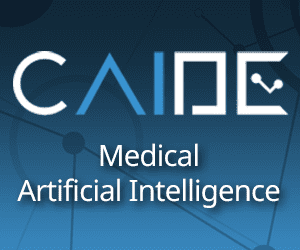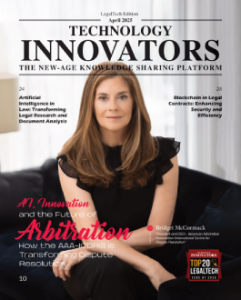Artificial intelligence (AI) is revolutionizing customer experience by enabling businesses to provide personalized and efficient service and support to their customers. AI-powered chatbots, voice assistants, and other virtual agents are becoming increasingly popular as they can provide 24/7 customer service, offer instant responses to customer inquiries, and help customers solve their issues quickly and easily.
One of the main advantages of AI in customer experience is that it can help businesses gather valuable insights about their customers. By analyzing customer interactions and behavior, businesses can gain a deeper understanding of their customers’ preferences, needs, and pain points. This information can then be used to personalize customer experiences, improve products and services, and create targeted marketing campaigns.
AI-powered customer service also has the potential to significantly reduce customer wait times, leading to increased customer satisfaction and loyalty. In addition, AI can help businesses automate routine tasks, freeing up customer service representatives to focus on more complex and high-value tasks.
However, there are also potential risks associated with AI in customer experience. For example, if AI is not properly trained, it can provide inaccurate or inappropriate responses to customer inquiries, leading to frustration and dissatisfaction. Additionally, there are concerns around the ethical implications of using AI to make decisions about customers, such as denying access to products or services based on predictive algorithms.
Overall, the adoption of AI in customer experience is a growing trend, with businesses increasingly recognizing the potential benefits of using AI to provide personalized and efficient service and support to their customers. However, it is important to implement AI technologies carefully and thoughtfully, ensuring that they are properly trained and monitored to avoid negative consequences for customers.








